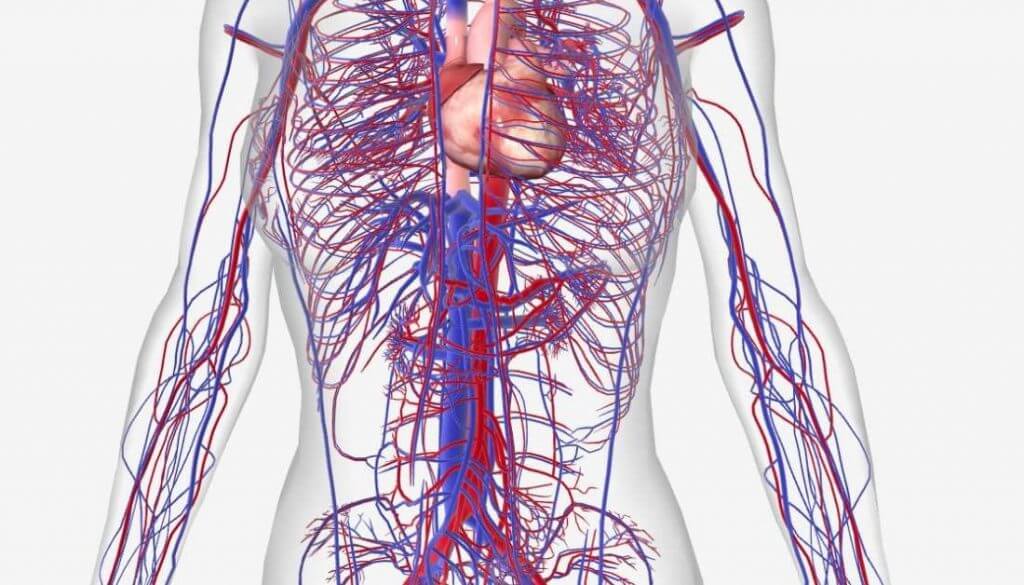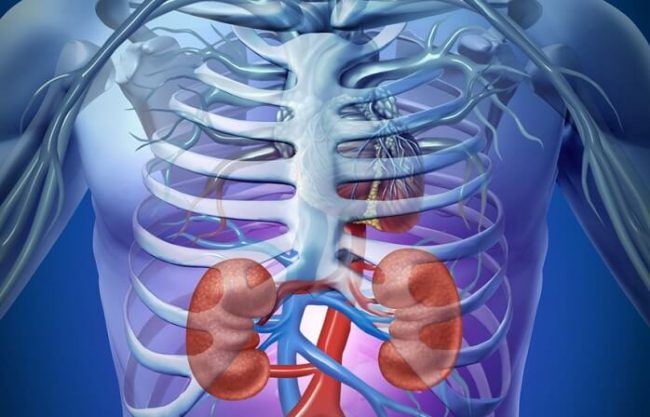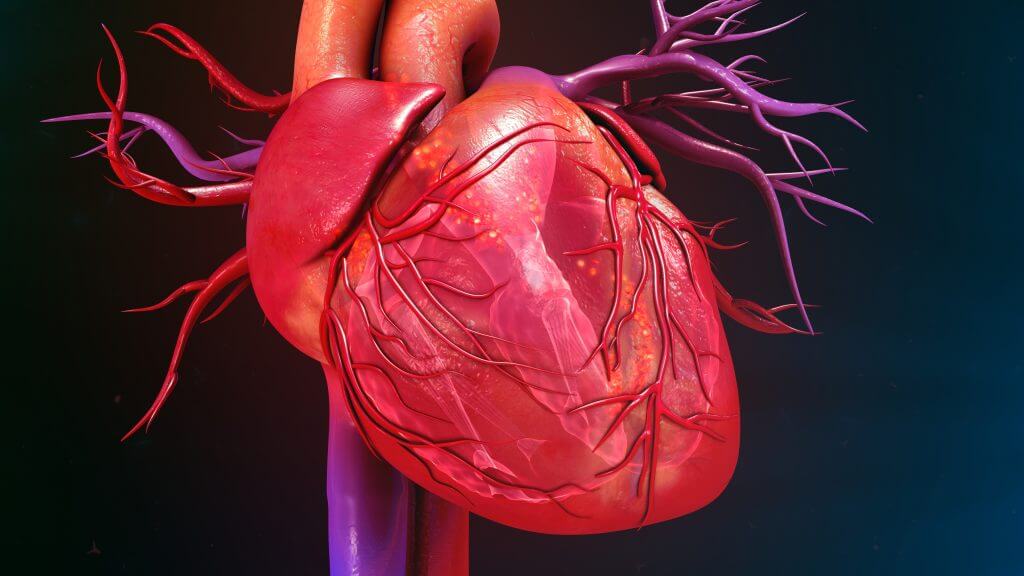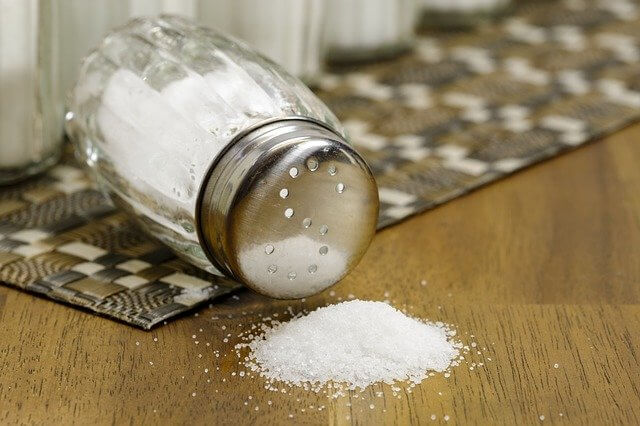Salt is a naturally occurring compound that is commonly used to season food. In addition to increasing flavor, it is used as a food preservative and can help stop the growth of bacteria. Most of us intake 3,200 mg of sodium daily. This is more than double the 1,500 mg maximum per day recommended by many health organizations.
Many studies show that excess salt intake can lead to conditions like high blood pressure, heart disease, and even stomach cancer.
This article will show how consumption of a high level of salt affects various organs of our body.
Brain

The authors of a published review in the Journal of the American College of Cardiology point out that high salt intake may negatively affect the brain. Eating excess salt causes the sympathetic nervous system to over-react to stressful situations, pumping out chronically high levels of stress hormones.
This is because of an increased blood pressure variability, even without an elevation in average blood pressure.
Increased blood pressure variability means we’re prone to having short-term spikes in blood pressure. It is also associated with an increased risk of cardiovascular events and death.
Blood vessels

Elevated sodium levels can negatively affect the function of the inner lining of the blood vessels, called the endothelium.
The endothelium introduces all kinds of chemicals, like nitric oxide, which controls how well our blood vessels expand and contract. If the blood vessels stiffen, it will be harder for the heart to pump blood throughout the body. Eventually, the heart wears out.
When the endothelium is malfunctioning, the result of too much salt as well as other lifestyle-related factors like high insulin levels, high LDL (bad) cholesterol, and high blood glucose, it becomes a breeding ground for inflammation, cholesterol plaque build-up, and cardiovascular diseases.
Kidneys

Studies have found that a high salt intake, even with only a minimal rise in blood pressure, can lead to decreased rates of glomerular filtration. Glomeruli are tiny sieves in the kidneys that filter waste from the blood. The higher our glomerular filtration rate, the better our kidneys are at getting rid of waste.
Decreased rates of glomerular filtration are a sign of chronic kidney disease, and, if not checked, kidney failure. Moreover, Sodium restriction has been shown to reduce both protein excretion and blood pressure in people with hypertension.
Heart

High blood pressure is a major risk factor for left ventricular hypertrophy, which is the enlargement of the muscle tissue that makes up the wall of the heart’s main pumping chamber.
Having left ventricular hypertrophy can lead to multiple heart-related problems, including arrhythmia (abnormal heart rhythm), heart attack, sudden cardiac arrest (sudden loss of heart function), and heart failure (inability of the heart to pump enough blood throughout the body).
Read to know why and how to limit sugar intake here.




![The Top & Most Popular Seafood Bucket Restaurants in Dubai for you [Never Miss]](https://uae24x7.com/wp-content/uploads/2020/09/8-seafood-in-a-bucket-scaled-e1600739237403.jpg)
![Procedures for Renewing the Driving License in Abu Dhabi [3 Simple Steps]](https://uae24x7.com/wp-content/uploads/2020/07/Capture-9-e1595666454466.jpg)





